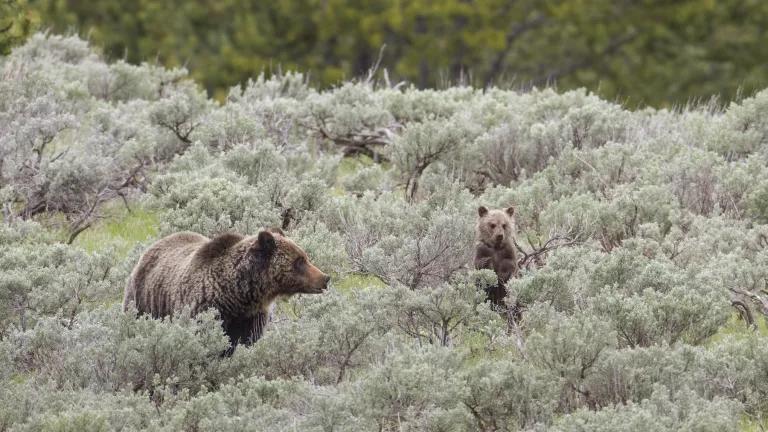
This blog previously appeared as an op-ed in the Helena Independent Record, Missoulian, Billings Gazette, and Montana Standard.
Between 2010 and 2014, traps and snares in Montana unintentionally caught, injured, or killed at least 89 mountain lions, 12 black bears, three grizzly bears, four wolverines, three lynx, 21 bobcats, 31 river otters, nine deer, and (between just 2013 to 2014) 58 dogs, among other species. Unfortunately, Montana remains one of the last states in the country that does not require traps to be checked with any regularity (except those set for wolves and, in some places, bobcats). This is a problem because studies have shown that the longer an animal spends alive in a trap, the more severe its injuries can become, and the lower the likelihood that “nontarget” animals like those mentioned above will be able to be released alive.
For these reasons, we recently submitted a petition requesting (along with other trapping and poisoning reforms) that Montana adopt a rule requiring that all traps and snares be checked at least once every 24 hours. We believe that such a rule would help reduce injuries sustained by animals in traps and snares, and increase survival rates for those animals caught unintentionally. And we asked that it be applied to all traps and snares because even those designed to kill instantly do not always do so. Disappointingly, during its May meeting, the Fish and Wildlife Commission voted 3-1 to deny the petition without even giving the public a chance to see it.
A 24-hour or daily trap check rule in Montana makes sense. According to a 2007 Association of Fish and Wildlife Agencies report, most other states already have, for example, a 24-hour or daily check requirement for foothold traps. In 2005, the International Association of Fish and Wildlife Agencies published a Trapper Education Manual that urges trappers to “make a commitment to check your traps at least once every day” in order to reduce suffering, more quickly release nontarget animals, and actually improve success (by, for example, reducing the chance of predation on an animal caught in a trap).
Some trappers contend that a 24-hour trap check requirement would limit trapper opportunity. However, according to a 2015 Association of Fish and Wildlife Agencies survey, 22% of Montana trappers responded that trapping as a source of income was only “somewhat important,” and 64% responded that it was “not important at all.” These results indicate that trapping in Montana is predominantly a recreation, not a livelihood. And many reasonable laws and regulations have been adopted in Montana that seek to strike a balance between recreational opportunities and the protection and conservation of the wildlife we are so privileged to share our state with.
Fortunately, there is still an opportunity to weigh in. Although the Commission denied our petition, it is currently accepting public comments on its proposed furbearer trapping season regulations. The public has until Saturday, June 18, to offer input on these regulations, including whether Montana should have reasonable trap check requirements. Please consider urging the Fish and Wildlife Commission to join the majority of states in the country and adopt a statewide 24-hour or daily trap check rule. You can email your comments to fwpwld@mt.gov or submit them online here. Thank you for speaking on behalf of Montana’s wildlife!



